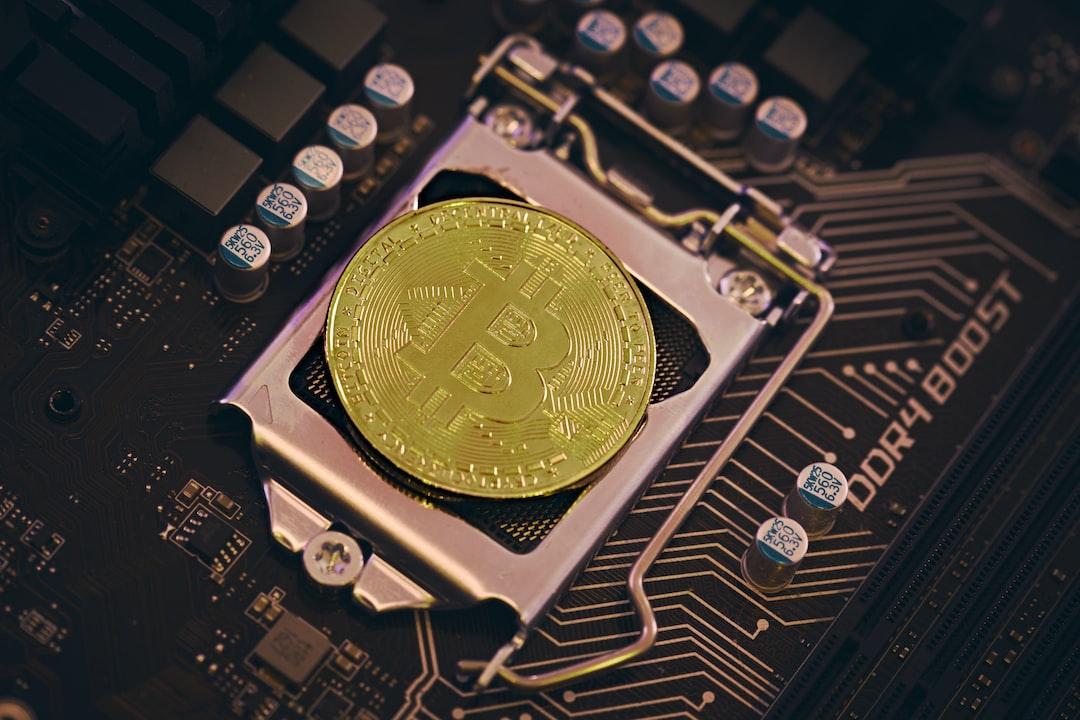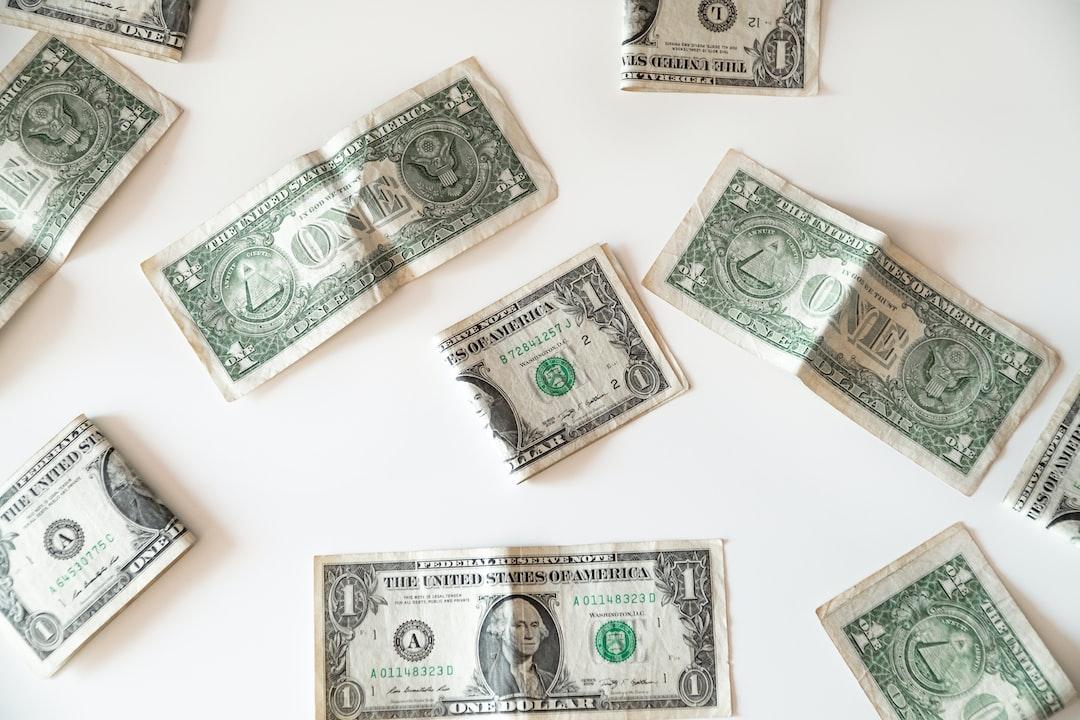For the automotive industry, the past three years of the pandemic have dealt a severe blow, with disruptions in manufacturing chains and supply shortages continuing to plague the entire industry. Now, with Trump’s new tariffs announced, the supply pressure in the used car market has further worsened.
(Background: The EU has just approved a 25% retaliatory tariff on American products, and Trump has shifted his stance… Who changed his mind?)
(Additional context: Trump: China, knowing no better, immediately raises tariffs to 125%, Beijing retaliates with 84% tariffs and sanctions on 18 American companies)
On April 3, President Trump implemented a new round of tariff policies that affect over 180 countries, with certain industries receiving “special consideration,” including a hefty 25% tariff on imported cars. Trump claims that this latest tariff is intended to balance the trade deficit between the U.S. and its major trading partners. However, after its implementation, numerous unexpected chain reactions emerged — the automotive industry had already been severely impacted during the past three years of the pandemic, with disruptions in manufacturing chains and ongoing supply shortages plaguing the entire industry. Now, with the announcement of the new tariffs, the supply pressure in the used car market has intensified.
Dealers Forced to “Reclaim” Used Cars
According to Bloomberg, a consumer in Chicago recently received urgent phone calls from car dealerships hoping to repurchase his 2022 Honda CR-V hybrid, which he had bought just six months earlier, at a high price. The dealer admitted that there was nothing wrong with the vehicle; however, they originally had an inventory of about 100 used cars, which has now dwindled to less than 40. Due to the instability of the new car supply chain, dealers are competing to repurchase the used cars they sold, even willing to pay more than the original price in hopes of maintaining operations. The consumer revealed:
“During last year’s Thanksgiving weekend, I took advantage of the Black Friday promotions to purchase a used 2022 Honda CR-V hybrid, which had a mileage of 41,000 miles on the odometer. The sticker price for the car was $36,000, but after discounts and bargaining, I paid $30,130 in cash and drove it home that same day. I never expected to have to talk to a dealership again so soon.”
It is worth noting that this phenomenon is not uncommon. During the pandemic, chip production shortages led to a significant decline in car production, resulting in a gap in new car supply and causing many consumers to turn to used cars, which drove up prices. Following the announcement of Trump’s tariffs, the situation has turned negative again, leaving dealers in a more severe inventory quandary.
Tesla Halts Orders in the Chinese Market
At the same time, the escalation of the U.S.-China tariff war has forced Tesla to make adjustments in the Chinese market. Recently, in response to the increased tariffs from the U.S., the Chinese government announced that starting April 12, it would impose import tariffs of up to 125% on American goods. Faced with such severe pressure from rising import costs, Tesla’s Model S and Model X, which were originally produced in the U.S. and imported to China, have now completely halted new orders in the Chinese market, further worsening the market outlook for American automakers.

Consumers and Markets in Dilemma
Due to the impact of tariffs, a large number of consumers will face higher prices and fewer choices in the short term. Many car owners, even if they accept the dealership’s high-priced buyback offers, must spend more time looking for new alternatives; while those who refuse to trade face ongoing uncertainties in the market. Given the current market atmosphere, it is predicted that the supply-demand imbalance will persist in the short term, potentially leading to further increases in the prices of imported vehicles, and major dealers will continue to face tight inventory pressures.

Related Reports
Trump’s tariffs shatter the “safe haven myth” of U.S. debt: Wall Street considers it “risky assets,” with China and Japan as the culprits for offloading?
Trump grants a 90-day tariff grace period: Bitcoin approaches $83,000, while the S&P 500 surges 18%, marking the largest single-day increase in history.
Trump “completely miscalculates” the equivalent tariffs! AEI scholars reveal: Tax rates inflated by four times, key parameters misunderstood.


